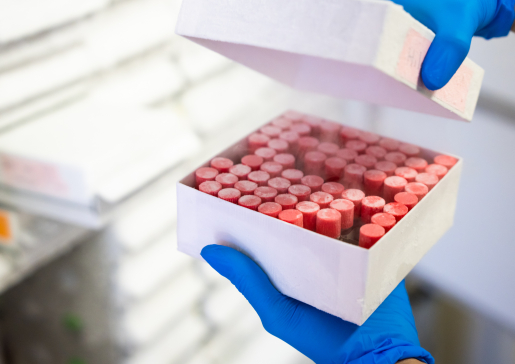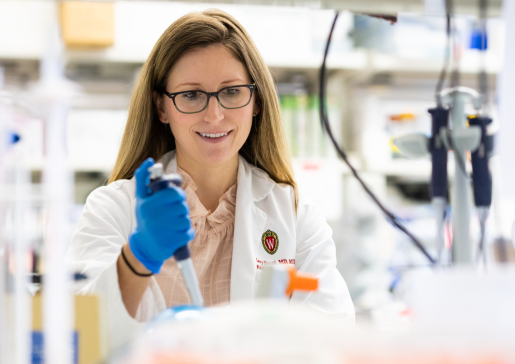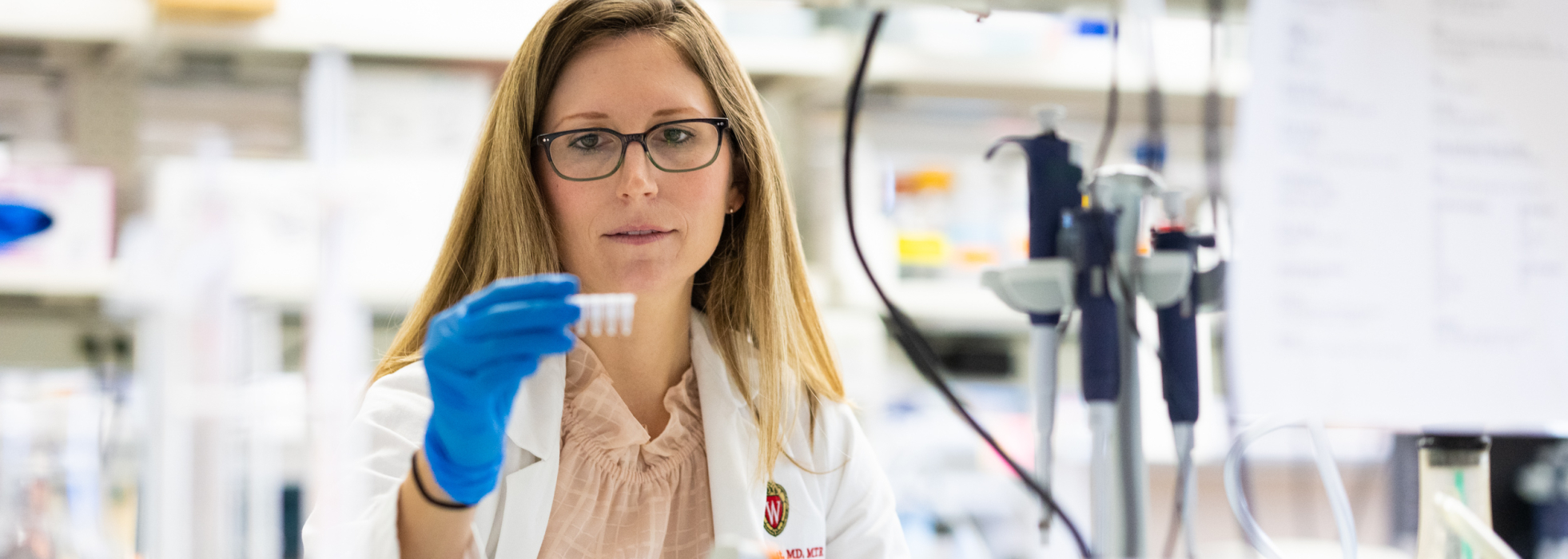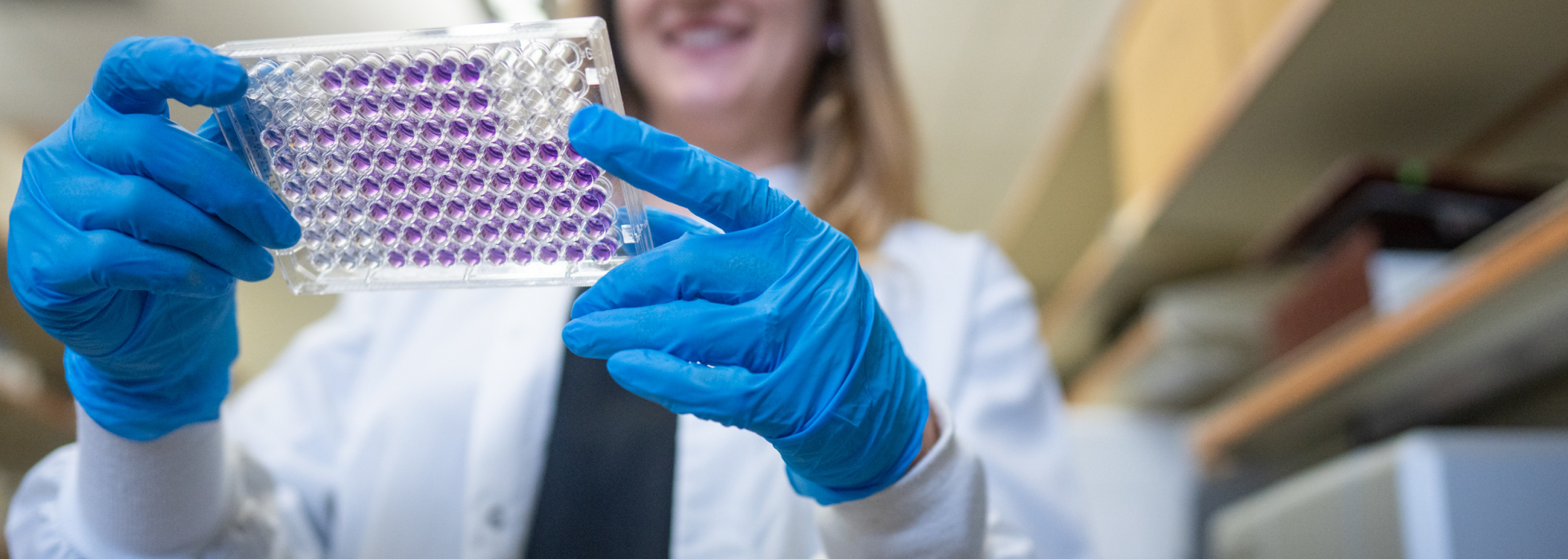Biomarkers of Injury Mechanisms in Critically Ill Patients
Hilary Faust, MD, MTR, is a critical care physician who conducts research on acute organ dysfunction syndromes, particularly acute respiratory distress syndrome (ARDS), in critically ill patients. Her goal is to identify injury mechanisms and biological subphenotypes that can be used to develop biomarkers and novel therapies. She is also the principal investigator for the University of Wisconsin Sepsis Biobank.

Identifying Subphenotypes of Acute Illnesses to Facilitate Precision Medicine
Dr. Faust’s specific research interests include the role of damage-associated molecular patterns, such as cell-free nucleic acids in precipitating endothelial dysfunction, and how this mechanism contributes to the pathophysiology of lung and kidney injury.
Her long-term goal is to identify mechanistically-based subphenotypes of acute respiratory distress syndrome (ARDS) and acute kidney injury (AKI) that may facilitate development of targeted treatments and precision medicine approaches to critically ill patients.
Dr. Faust uses multi-omic data and the UW Sepsis Biobank to use novel translational methods of human lung injury, including liquid biopsy of endothelial cells and “lung on a chip” microfluidic models, in collaboration with Dr. Sheena Kerr and the Beebe laboratory.
Research Team

Research Coordinator

Research Specialist

Chief Resident and Fellow Mentee

Graduate Student (Beebe Lab)
Alumni
- Ian Wolf, MD
- Brooke Davis, BS
- Hailey Hardin, BS

Undergraduates, graduate students, medical students and fellows with research or statistical experience interested in laboratory research in Dr. Faust’s lab are encouraged to apply by sending a CV and description of your research experience and interests. Available projects or space may be limited.
Active Projects
- UW Sepsis Biobank
Using the UW Sepsis Biobank, Dr. Faust investigates how critically ill patients develop inflammation and endothelial activation to precipitate lung and kidney injury via mechanisms including mitochondrial DNA signaling. This work is funded by a National Institute for General Medical Studies K08 award and a UW Department of Medicine Pilot award, and was previously supported by the UW Institute for Clinical and Translational Research KL2 Scholars program.
- Role of Mitochondrial DNA in ARDS and Acute Kidney Injury
Using the UW Sepsis Biobank, and other biorepositories of critically ill patients, Dr. Faust investigates how mtDNA causes inflammation and endothelial activation to precipitate lung and kidney injury. This work is funded by the University of Wisconsin Institute for Clinical and Translational Research KL2 Scholars Program.
- ICU Clinical Trials Research
Dr. Faust has ongoing research on the use of extracorporeal membrane oxygenation (ECMO) for critically ill patients. She is also a member of the ICU clinical trials studies group.
Funding Support
Dr. Faust is funded by the NIH via an NIGMS K08 award, the Department of Medicine through a Research Pilot Grant, and the Wisconsin Partnership Program (WPP) New Investigator award. She has also received an KL2 Scholarship from the Institute for Clinical and Translational Research (ICTR) and a Department of Medicine Critical Experiment Award.

